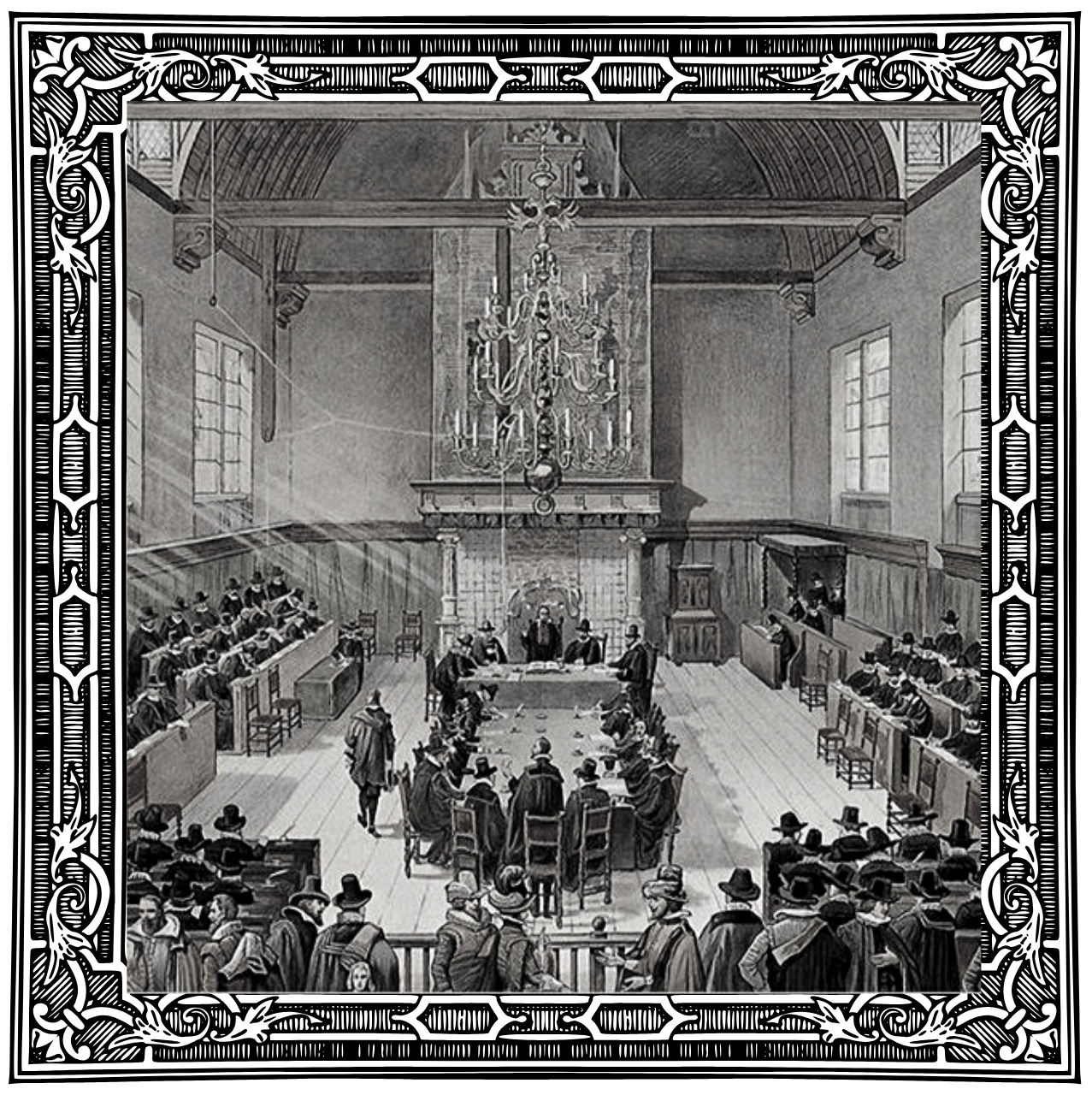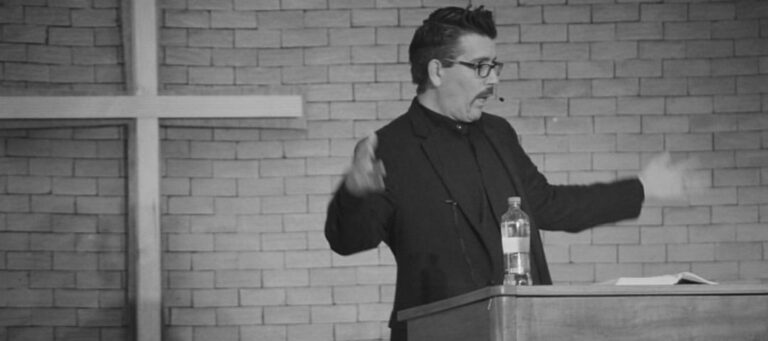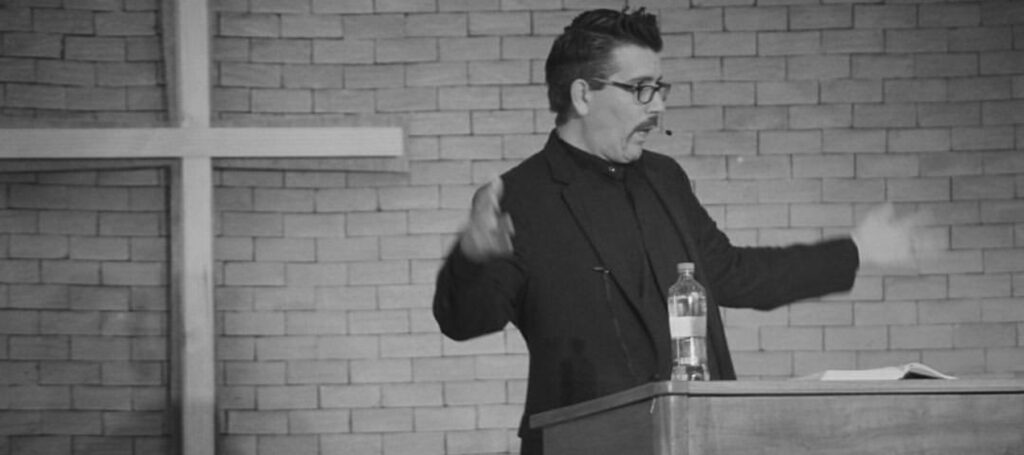A Response to N.T. Wright from the Book of Common Prayer
Ever since we began hearing about the Coronavirus we’ve heard everyone’s opinions — where it came from, how contagious it really is, and what the government’s role should be against it. Thankfully, I’m just a Christian pastor who’s able to speak from my “lane.”
Yet recently, N.T. Wright wrote in Time that “Christianity Offers No Answers About the Coronavirus. It’s Not Supposed To.” He first engaged in ad hominem against “the usual silly suspects.” These have embraced rationalism to search for answers to “why God is doing this to us” whether as “punishment,” “warning,” or “sign.” These offer “knee-jerk would-be Christian reactions” in which “everything must have an explanation.” In contrast to his foil, Wright asks, “But supposing [everything] doesn’t [need an explanation]? Supposing real human wisdom doesn’t mean being able to string together some dodgy speculations.” He then offers his remedy that we need to recover the biblical tradition of lament, doing so by invoking the emotional images of a refugee island off Greece, Gaza, and South Sudan instead of thinking of New York or London. Who’d be against that? It’s a false dilemma. But Wright sets up another false dilemma in which he sets himself up as the answer: “The mystery of the biblical story is that God also laments. Some Christians like to think of God as above all that, knowing everything, in charge of everything, calm and unaffected by the troubles in his world. That’s not the picture we get in the Bible.” If you’re looking for solace with the daily headlines of increasing numbers contracting this virus and dying from complications related to it, would you want an unfeeling God or one right there in the tears with you? What Wright doesn’t tell you is that the classic view of God being impassible (without passions like us humans) also says that in the Incarnation of the Son of God as Jesus Messiah he was and is fully passionate! In the end Wright says it’s not our job “to be able to explain what’s happening and why” but “not to be able to explain — and to lament instead.”
Ironically, Wright — a former Bishop in the Church of England — fails to reckon with his own tradition on the issue of a Christian response to the coronavirus. That’s what I want to focus on here in my response. From the perspective of the Church of England’s “gold standard” 1662 edition of the Book of Common Prayer (BCP) I’d like to ask what involvement God has in the present COVID-19 pandemic and what should the prayerful response of his people be? We’ll look at five relevant prayers then make some application.
*As an aside, note my friends at Church Society in the UK, expositing these historic resources for a contemporary audience.
Prayer from “The Litany”
The first prayer offering a Christian response to the coronavirus comes from “The Litany or General Supplication,” which is an ancient pattern of prayer the BCP intended to be used after daily Morning Prayer on Sundays, Wednesdays, and Fridays. After prayers of invocation for the Triune God’s mercy there is a series of prayers of confession and pleas for deliverance, including this:
Minister: From lightning and tempest; from earthquake, fire, and flood; from plague, pestilence, and famine; from battle and murder, and from sudden death,
People: Good Lord, deliver us.
Following the teaching of Scripture, things we today term “natural” disasters such as plague and pestilence are considered things God is able to deliver from and for which his people are expected to pray for such deliverance. One thing Wright gets right in his recent article is that we are to lament in such times as these, but precisely because the BCP says God is intimately involved in such plagues and pestilences.
Prayer “In Time of Great Sickness and Mortality”
Second, the BCP offers a selection of “Prayers and Thanksgivings Upon Several Occasions.” These offer a Christian response to the coronavirus. One of these is a petitionary prayer entitled, “In Time of Great Sickness and Mortality” (added by the 1789 US edition). It prays thus:
O Almighty God, the Lord of life and death, of sickness and health; Regard our supplications, we humbly beseech thee; and; as thou hast thought fit to visit us for our sins with great sickness and mortality, in the midst of thy judgment, O Lord, remember mercy. Have pity upon us miserable sinners, and withdraw from us the grievous sickness with which we are afflicted. May this thy fatherly correction have its due influence upon us, by leading us to consider how frail and uncertain our life is; that we may apply our hearts unto that heavenly wisdom which in the end will bring us to everlasting life; through Jesus Christ our Lord. Amen.
God is Lord “of,” meaning, “over” all life and death, sickness and health. As Jesus revealed himself to John, “I have the keys of Death and Hades” (Rev. 1:18). The church humbles itself under its Lord in times like these because He “hast thought fit to visit us for our sins with great sickness and mortality.” Again, with Wright the BCP eschews any rationalism here needing to know precisely what sin caused this sickness; but it recognizes that the Lord has an active hand in sending upon the world at particular times and places such sicknesses because of the sinfulness of the human race. This is not merely Old Testament religion; this is what the New Testament says. Jesus plagues his own church with sickness and even death for its sinfulness. Just read 1 Corinthians (especially 11:27–32). Because he is Lord as the Lamb who triumphed over death and the grave, John describes in visionary form how Jesus opened the seals on the scroll of human history including the unleashing upon this earth of pestilence (e.g., Rev. 6:8). As his people, a Christian response to the coronavirus is to humble ourselves under his kingly wisdom as an expression of his discipline of us to lead us to contemplate our frailty and mortality.
Prayer “In the Time of Any Common Plague or Sickness”
The third prayer is also from the “Prayers and Thanksgivings Upon Several Occasions.” This time the title is “In the Time of Any Common Plague or Sickness”:
O Almighty God, who in thy wrath did send a plague upon thine own people in the wilderness, for their obstinate rebellion against Moses and Aaron; and also, in the time of king David, didst slay with the plague of Pestilence threescore and ten thousand, and yet remembering thy mercy didst save the rest; Have pity upon us miserable sinners, who now are visited with great sickness and mortality; that like as thou didst then accept of an atonement, and didst command the destroying Angel to cease from punishing, so it may now please thee to withdraw from us this plague and grievous sickness; through Jesus Christ our Lord. Amen.
This prayer gives us specific instances of God’s people’s sins and the plagues he sent (note this again!) in the Old Testament: Korah’s rebellion (Num. 16) and King David’s census (2 Sam 24). But again, this was not how antiquated people viewed a tribal deity. This applies to us, offering a Christian response to the coronavirus.
Thanksgiving “For Deliverance from the Plague, or other Common Sickness” (1)
Fourth, after this section of petitionary prayers are several thanksgiving prayers including “For Deliverance from the Plague, or other Common Sickness.” In it we pray:
O Lord God, who has wounded us for our sins, and consumed us for our transgressions, by thy late heavy and dreadful visitation; and now, in the midst of judgment remembering mercy, hast redeemed our souls from the jaws of death; We offer unto thy fatherly goodness ourselves, our souls and bodies which thou hast delivered, to be a living sacrifice unto thee, always praising and magnifying thy mercies in the midst of thy Church; through Jesus Christ our Lord. Amen.
This prayer assumes all the above prayers and in response the church is to offer thanks, not just of lips but of entire lives — souls and body. A Christian response to the coronavirus is to lament our sins and humble ourselves under the mighty hand of God so that when He removes his hard providence we can rejoice!
Thanksgiving “For Deliverance from the Plague, or other Common Sickness” (2)
The fifth and final prayer offering a Christian response to the coronavirus is a second thanksgiving prayer in which the church offers these words:
We humbly acknowledge before thee, O most merciful Father, that all the punishments which are threatened in thy law might justly have fallen upon us, by reason of our manifold transgressions and hardness of heart: Yet seeing it hath pleased thee of thy tender mercy, upon our weak and unworthy humiliation, to assuage the contagious sickness wherewith we lately have been sore afflicted, and to restore the voice of joy and health into our dwellings; We offer unto thy Divine Majesty the sacrifice of praise and thanksgiving, lauding and magnifying thy preservation and providence over us; through Jesus Christ our Lord. Amen.
In sum: we deserve judgment, but God delights in showing mercy. And to this let the church say, “Amen!”
Lessons Learned
Given that the Book of Common Prayer not only prays but teaches, what lessons can we learn from it at this time.
1. The BCP confronts us as 21st century Westerners especially that we are overly “naturalized” adherents of what C.S. Lewis called “scientism.” We don’t speak of “creation” as the theater of God’s glorious activity but of “nature” as the result of random processes. Thus our modern fascination with controlling and manipulating our lives through our allegiance to scientific experts.
2. The BCP follows Scripture — both Jewish (Old Testament) and Christian (New Testament) — in teaching the comforting reality of God’s involvement and presence in plagues. If he wasn’t, we’d have no hope and no reason to pray to him for deliverance.
3. The BCP enables us to plead with our ever-present help in trouble that he would deliver us and our world from such plagues.
4. The BCP reminds us that God is not just able to deliver, but that he’s Lord over such sicknesses. He sends them, he removes them. In Job’s words, “blessed be the name of the Lord.”
5. The BCP helpfully expresses the truth that you and I cannot necessarily link one specific personal or even national sin to one particular punishment. Only God can do that. What we can express is the link between our sin as humanity in general to specific instances of punishment on the world, which for us as believers, are fatherly corrections.
6. The BCP calls us to embrace our need to ever-humble ourselves under the kingly wisdom of the resurrected and exalted Lord Jesus in such times as these.
So yes, Dr. Wright, orthodox Christianity does offer answers to the present coronavirus crisis; it’s right there in the historic prayers and liturgy of the English Reformed Church. The offers a Christian response to the coronavirus that God is fully cognizant of what’s going on “down here” because he’s here and fully capable of doing something about it—this is why we pray.







